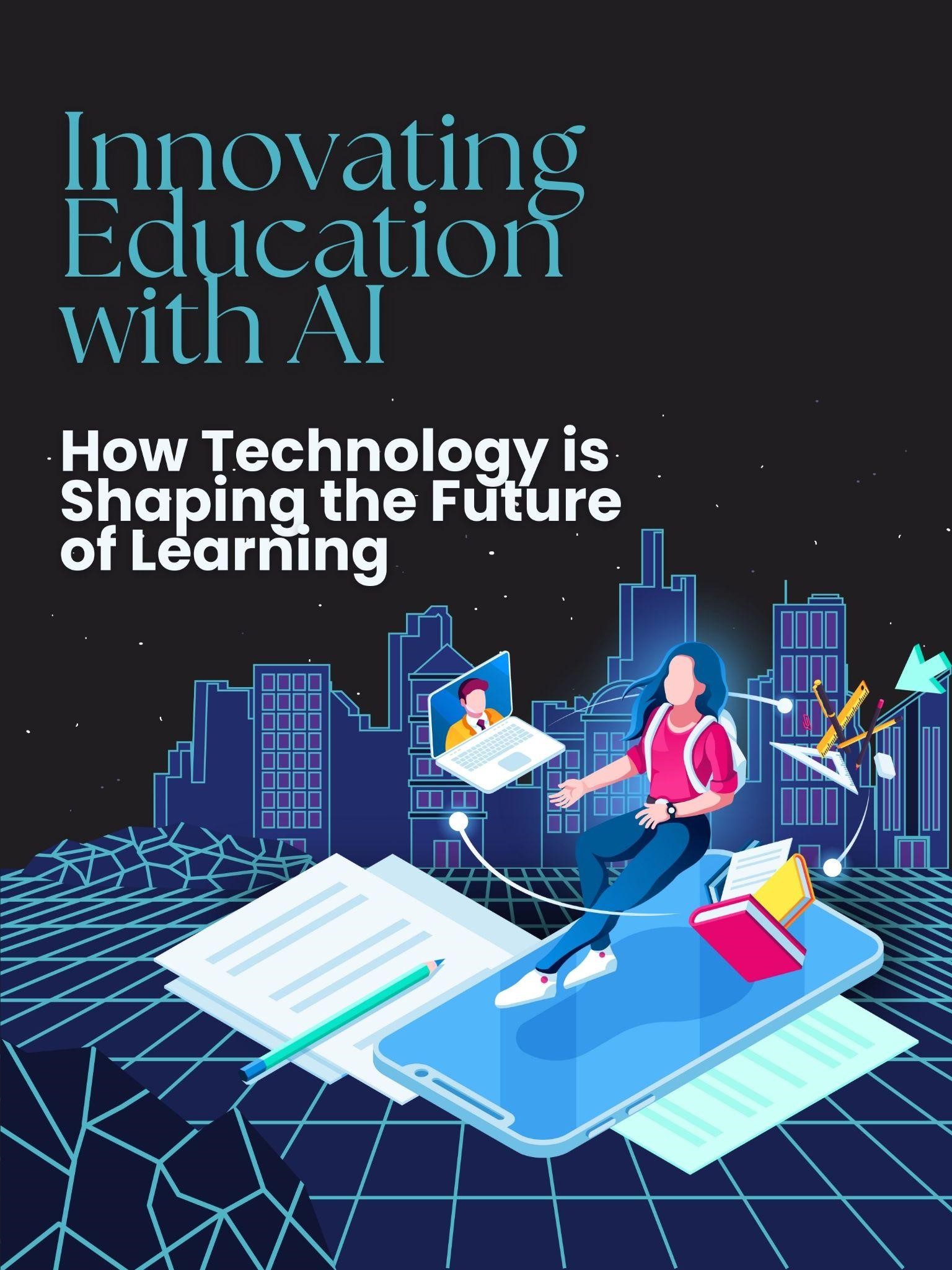Innovating Education with AI: How Technology is Shaping the Future of Learning
As the integration of Artificial Intelligence (AI) continues to transform numerous sectors, education stands out as one of the most promising areas for these advancements. Subash Patel, a leading expert in this field, has explored how AI technologies are shaping personalized learning, streamlining administrative processes, and improving overall academic performance. His insights provide a detailed look into how AI-powered systems are revolutionizing the traditional learning experience, from adaptive learning platforms to intelligent content creation.
Personalized Learning with AI
AI is transforming education by enabling personalized learning experiences. Adaptive learning platforms leverage AI to customize content based on each student’s unique needs and real-time performance, helping students master concepts before moving forward. This fosters individualized learning at each student’s pace. AI tutors further enhance education by offering 24/7 support, providing instant feedback and personalized guidance. Unlike traditional tutors, these AI assistants are available on demand, answering questions and explaining concepts anytime. This approach makes learning more efficient, accessible, and tailored, ultimately improving student engagement and knowledge retention.
Automation in Educational Administration
AI is revolutionizing education by automating administrative tasks like grading, scheduling, and application management, allowing educators to focus more on teaching. AI-powered systems quickly grade assessments and analyze student learning patterns, providing valuable insights. Additionally, AI chatbots manage routine student and applicant queries, delivering instant responses and reducing administrative burdens. This boosts operational efficiency, enabling human resources to concentrate on higher-value tasks. Overall, AI enhances both the learning experience and institutional productivity, streamlining processes and optimizing the use of time and resources.
Intelligent Content Creation
AI’s ability to generate customized educational materials is revolutionizing education. It can create personalized quizzes, study guides, and summaries tailored to individual or class needs, helping educators address diverse learning styles. Additionally, AI’s integration with augmented reality (AR) and virtual reality (VR) is transforming learning experiences. These immersive technologies enable students to interact with complex simulations, such as virtual labs or historical reenactments, making abstract concepts more tangible. AI-enhanced virtual environments enrich education by offering engaging, interactive experiences, particularly benefiting visual and kinesthetic learners who thrive in hands-on learning situations.
Data-Driven Educational Insights
AI’s powerful role in education lies in analyzing vast student data to derive actionable insights. AI-driven analytics track performance, engagement, and learning patterns, helping educators identify struggling students early. Predictive analytics, another key AI application, uses historical data to forecast outcomes like graduation rates and dropout risks. These insights enable institutions to make data-informed decisions, improving student success and optimizing resource allocation. By leveraging AI, educators can intervene early and tailor support to individual needs, enhancing overall educational outcomes.
Overcoming Challenges and Ethical Considerations
AI offers tremendous potential in education but also presents notable challenges. Data privacy is a major concern, as AI depends on gathering extensive student data, requiring institutions to implement robust safeguards. Additionally, algorithmic bias poses risks, making it crucial to design AI systems that provide equitable support for all students. As AI adoption grows, the role of educators comes into question. AI should enhance, not replace, human interaction and judgment. Educators must be trained to use AI effectively, ensuring technology complements, rather than undermines, their expertise. Balancing AI’s benefits with ethical concerns is vital for successful integration.
The Road Ahead: Future Trends in AI for Education
The future of AI in education holds exciting possibilities. Emotion AI, which detects and responds to students’ emotional states, will enhance engagement, while hyper-personalization will create highly tailored learning experiences. AI-powered immersive environments, blending AI with VR and AR, will offer interactive and meaningful ways for students to explore subjects. However, as AI evolves, its impact depends on addressing ethical and practical challenges. Balancing technological advancements with human oversight is essential to ensure AI supports, rather than replaces, educators’ vital role in learning.
In conclusion, as Subash Patel emphasizes, the integration of AI in education holds great promise for creating more efficient, personalized, and engaging learning environments. Yet, as we move forward, it is essential to keep ethical considerations and equity at the forefront of these innovations, ensuring that the benefits of AI reach all students.

